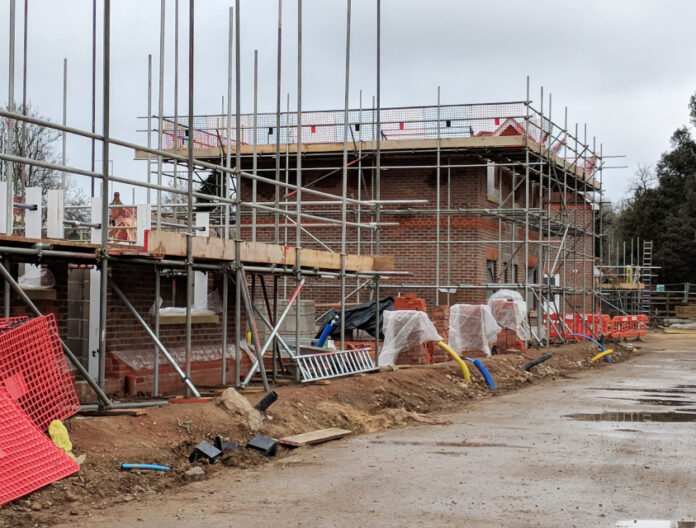A new IPPR report today, together with polling commissioned by the thinktank, warns that housing affordability issues are set to intensify due to Covid-19, with those on low incomes and privately renting most affected.
In a new paper published today, Renting Beyond their Means: The Role of Living Rent in addressing housing affordability, IPPR recommends devolving power and resources to local government to set local rents, have the flexibility to develop their own housing products and housing funding, as well as suspending and devolving Right to Buy.
This follows IPPR analysis that proves what many in England’s regions have known for a long time – that the housing affordability crisis is a national issue. The regional analysis found that even before the coronavirus pandemic:
Many households are paying far more than they are either able or willing to afford. The average UK adult believes that the maximum that is reasonable to spend on housing costs is 32 per cent, while what they think they could afford is 35 per cent.
Within the North places of private rent unaffordability exist, including in York where rent is 39 per cent of average households’ income, Manchester and Trafford where the figure is 38 per cent and Harrogate where it is 36 per cent.
To meet this challenge and tackle existing affordability issues, the progressive think tank calls for the Chancellor to announce major reforms to housing policy in his forthcoming financial statement, including the introduction of an innovative ‘living rent’ based on income levels, investing billions in net zero social housing, and lifting the rate of housing benefit to cover average rents to ensure families, key workers and others on low incomes can stay afloat. All proposals were backed by a majority of the public.
Even before Covid-19 five million people across the UK were facing housing affordability problems – the result of a plethora of interlinked problems including undersupply, loss of social housing, cuts to housing subsidies, low wages and housing benefit cuts, according to IPPR.
IPPR argues that the pandemic has further exposed the fragility of the housing social safety net.
The report puts forward an innovative new type of social housing called ‘living rent’, which links the level of rent to income. Rather than rents being linked to those charged in the market; it would be linked to local average income levels. IPPR argues this would be fairer and provide greater security. Polling showed this idea was also supported by 66 per cent of people.
IPPR calls for these Living rent homes to be initially aimed at key workers like nurses, shop workers and cleaners, who don’t necessarily qualify for social housing, but struggle with high housing costs in the private rented sector and have no immediate prospect of buying their own home. This initiative to provide key workers with dedicated affordable housing was backed by an overwhelming majority (74 per cent of northerners).
In addition to the Living Rent approach, IPPR also calls for major reforms to housing policy including major investment to radically increase the supply of green affordable homes. Polling revealed strong public support for the proposals, including seven in ten supporting the government investing £15 billion yearly in environmentally friendly social homes.
This investment would fund the construction of 90,000 social rent and 30,000 living rent homes a year and generate up to £120 billion in additional economic activity, according to the think tank.
IPPR also calls for the level of housing support to private tenants be increased so that it covers the cost of average market rents (up from the current 30 per cent) – an idea backed by three in five of the public (60 per cent). In addition, the paper proposes suspending damaging policies such as ‘right to buy’, which IPPR found had led to loss of 1 million social homes since 1980.
Overall, 1.2 million people in England now spend over a third of their income on renting from private landlords. The IPPR report concludes that a fairer housing system is urgently needed and that the living rent approach is key to achieving that end.
Jonathan Webb, IPPR Research Fellow, said:
“For too long the cost of housing has been determined by the market and not by people’s ability to pay. The current pandemic has shown how this approach leaves people vulnerable to unexpected and unprecedented changes in their income.
“To build a fairer and more affordable housing system, we need to ensure that ability to pay is the key principle in housing, not profit. Building more social housing whilst also ensuring rents are linked more closely to incomes will help ensure we have enough homes that are genuinely affordable.”







